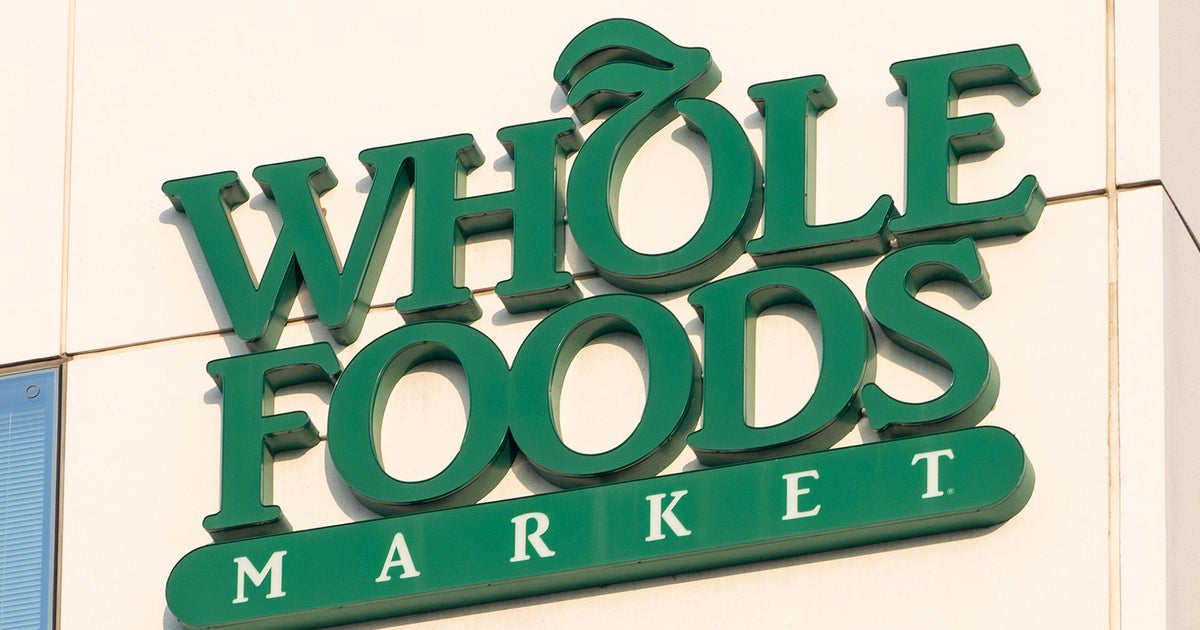Kroger recalls frozen berries called "great for smoothies" over hepatitis A fears
- Kroger is recalling frozen berries sold at grocery stores nationwide after the U.S. Food and Drug Administration found hepatitis A in a sample.
- The supermarket chain said it is printing messages on register receipt tapes and calling customers to alert those who may be storing the product with a shelf life of two years in their freezers.
- The FDA is working with the manufacturer, Townsend Farms, to see if any additional products might be contaminated with the virus, which can cause liver disease.
Americans who keep frozen fruit for smoothies should check their freezers for Kroger-branded berries after the U.S. Food and Drug Administration issued a public health alert upon finding hepatitis A in a product sample. The highly contagious virus can cause a liver infection that may not be apparent, but that can lead to serious illness, the FDA warned.
Kroger is recalling three private-label branded products sold at all of its nearly 2,800 stores in 35 states. The grocery chain operates stores under more than 20 names, including Smith's, Fred Meyer and Pick 'n Save. Other than Harris Teeter, all were impacted by the recall, a company spokeswoman said.
Frozen blackberries and frozen triple berry medley
The following products, manufactured by Townsend Farms, should not be consumed and can be returned for a refund or replacement, Kroger said Friday in a news release.
- PRIVATE SELECTION FROZEN TRIPLE BERRY MEDLEY, 48 OZ (BEST BY: 07-07-20; UPC: 0001111079120);
- PRIVATE SELECTION FROZEN TRIPLE BERRY MEDLEY, 16 OZ (BEST BY: 06-19-20; UPC: 0001111087808);
- PRIVATE SELECTION FROZEN BLACKBERRIES, 16 OZ (BEST BY: 06-19-20, 07-02-20; UPC: 0001111087809)
The recalled products have a two-year shelf life, warned the FDA, which said it is investigating to determine if other products contaminated with the virus were distributed elsewhere.
Kroger said it has removed the potentially affected items from its store shelves and started a customer recall notification system that alerts customers through register receipt tape messages or phone calls.
Those who've consumed the product and who have not been vaccinated for the hepatitis A virus, or HAV, should consult with a doctor, the FDA said.
HAV is spread when someone ingests the virus, usually through person-to-person contact or from eating contaminated food or drink. Food can be contamination with HAV while being grown, harvested, processed, handled or even after after cooking.
There were an estimated 4,000 hepatitis cases in the U.S. in 2016, with HAV rates declining more than 95% since a vaccine became available in 1995, according to the U.S. Centers for Disease Control and Prevention.




